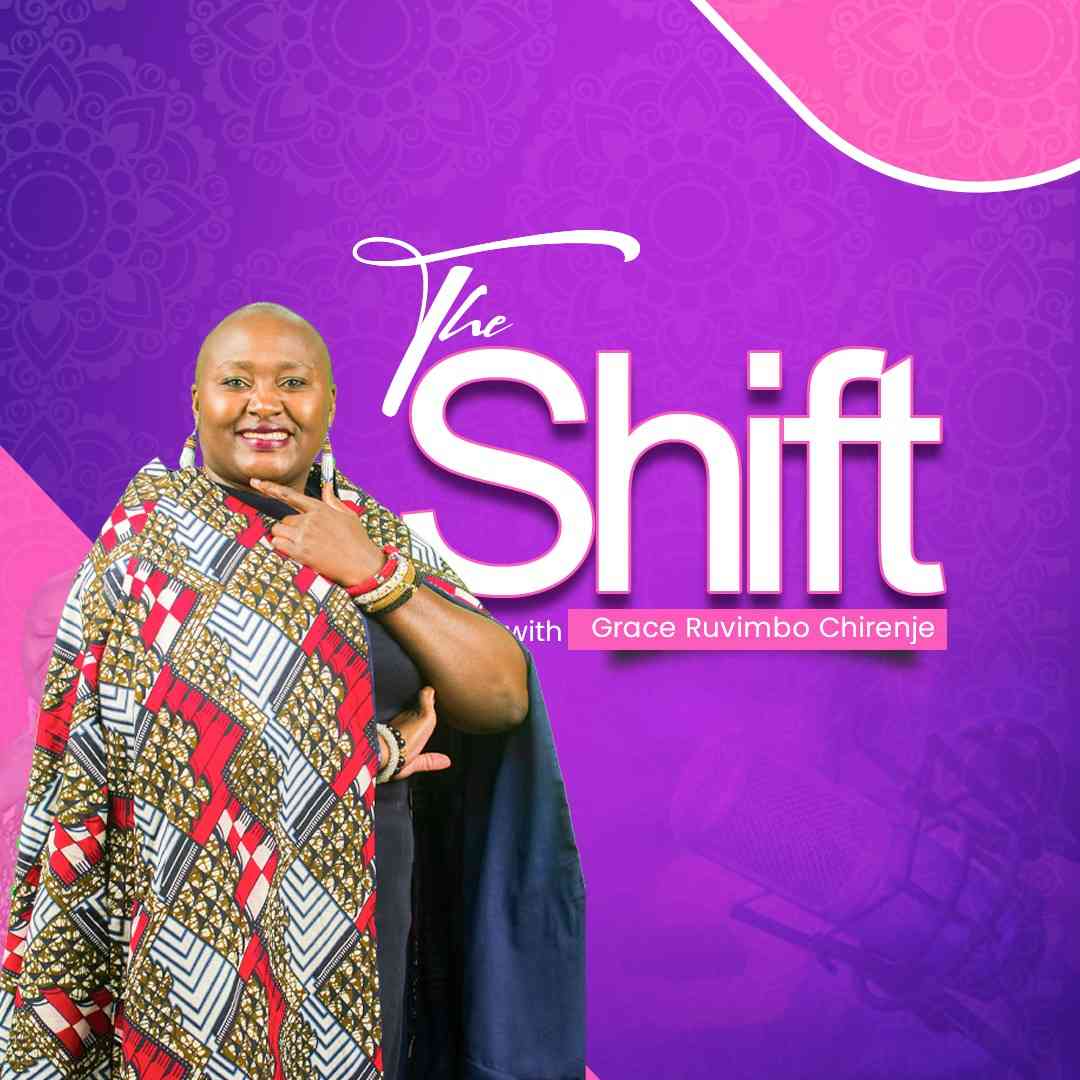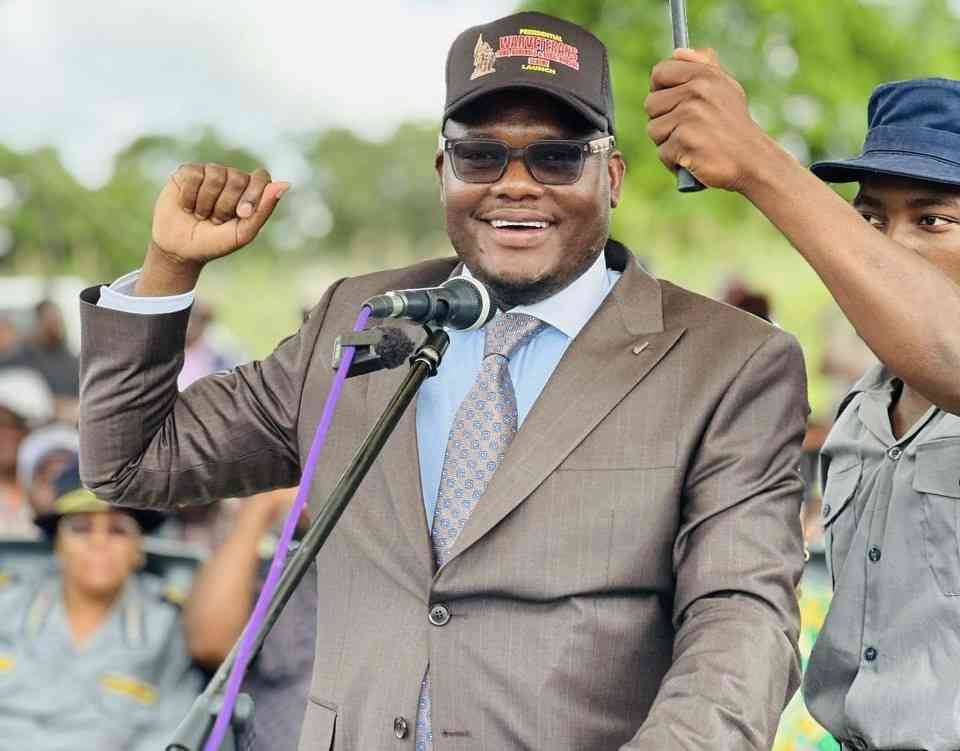
Women with disabilities in Zimbabwe face significant challenges when it comes to accessing education, healthcare, employment, and social inclusion. These challenges are rooted in systemic discrimination, stigma, and lack of accessibility, which can have a negative impact on their overall well-being and quality of life.
It is crucial to address these challenges from a feminist perspective to ensure gender equality and human rights for all.
Barriers to education:Women with disabilities in Zimbabwe often encounter barriers that prevent them from accessing quality education, such as lack of accessible infrastructure, discrimination, and stigma. These barriers are often compounded by patriarchal norms that limit the opportunities available to women and girls. However, initiatives and programs that aim to address these barriers, such as inclusive education policies or disability-inclusive schools, can empower women with disabilities to pursue their education and achieve their goals.
Barriers to healthcare: In Zimbabwe, women with disabilities often encounter barriers such as lack of accessible facilities, inadequate medical equipment, and limited awareness among healthcare providers. These barriers are often exacerbated by gender-based discrimination and lack of access tosexual and reproductive healthcare. To address these challenges, feminist initiatives and programs that aim to provide disability-friendly healthcare services or training programs for healthcare providers are needed. Ensuring that women with disabilities have access to quality healthcare is important to prevent health disparities and improve their overall well-being.
Barriers to employment: Women with disabilities often face challenges in accessing employment due to discrimination, lack of skills training, and inaccessible work environments in Zimbabwe. These barriers are often compounded by gender-based discrimination in the workplace. However, initiatives and programs that aim to address these barriers, such as disability- inclusive employment policies or vocational training programs that prioritize the needs of women with disabilities, can promote economic empowerment and social inclusion for these young women.
Social exclusion: Social exclusion, including isolation, discrimination, and limited participation in community activities are often the narratives that define the lives of women with disabilities in Zimbabwe. These experiences are often shaped by patriarchal norms that limit the opportunities available to women and girls. However, feminist initiatives and programs that aim to address these issues, such as disability-inclusive community development projects or advocacy campaigns that prioritize the voices of women with disabilities, can promote social inclusion and ensure their full participation in society.
Inclusion in policy making: It is crucial to ensure that women with disabilities have a voice in policy making processes. The inclusion of women with disabilities in policy making is essential to ensure that their needs and perspectives are taken into account. This can be achieved by creating opportunitiesfor women with disabilities to participate in decision-making processes at all levels, from local to national. Feminist initiatives that prioritize the voices of women with disabilities can help ensure that policies and programs are more inclusive, effective, and responsive to their needs.
Conclusion:The inclusion of women with disabilities in policy making is essential to ensure that their needs and perspectives are taken into account. By creating opportunities for them to participate in decision-making processes, providing them with feminist training and capacity building opportunities, and engaging them in consultations throughout the policy development process, we can promote a more inclusive and equitable society for all. It is crucial to continue to advocate for increased awareness, feminist advocacy, and investment in disability-inclusive policies and programs that prioritize the voices of women with disabilities to promote gender equality and human rights for all. Until then, we live, laugh and love louder in a bid to show the world that we were here, becoming better, making our mark, and leaving our footprint as we make the world a better place!
Grace Ruvimbo Chirenje writes in her capacity as a citizen of Zimbabwe. Follow her on social media for more Lifezone with Grace conversations on Twitter: @graceruvimbo; Facebook: Grace Ruvimbo Chirenje; Instagram: @graceruvimbo






